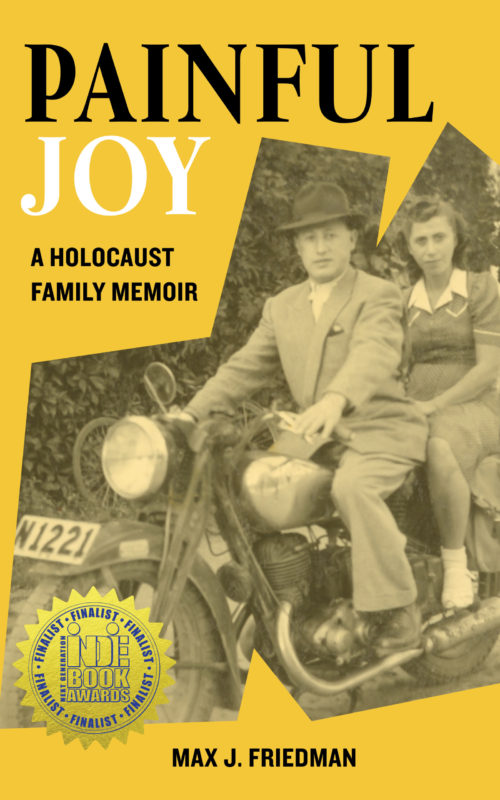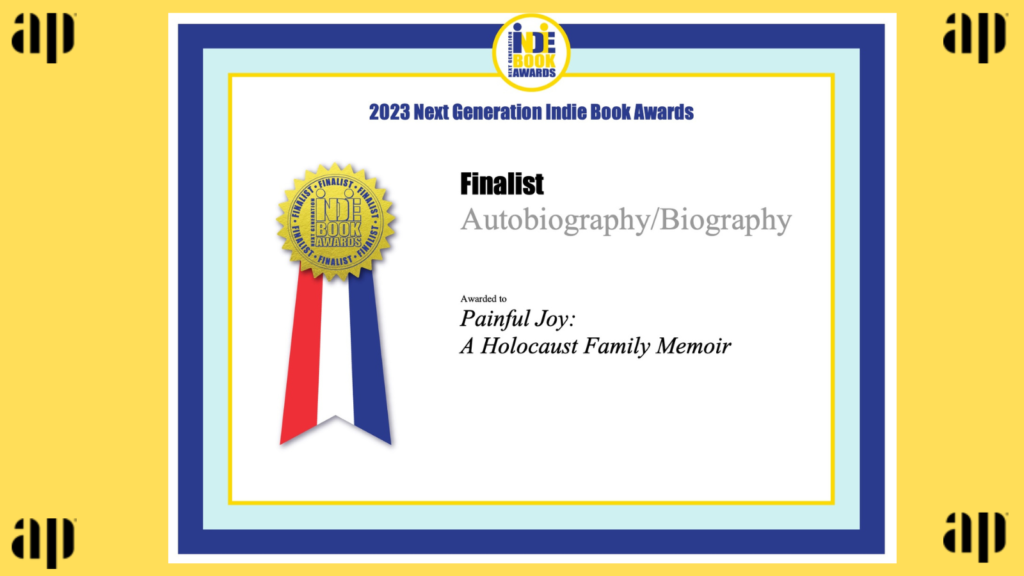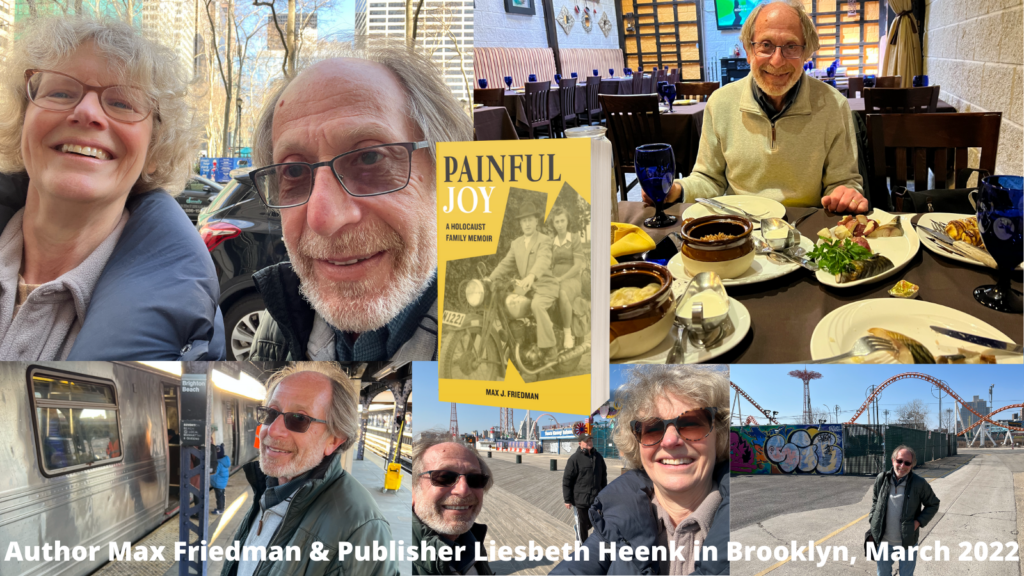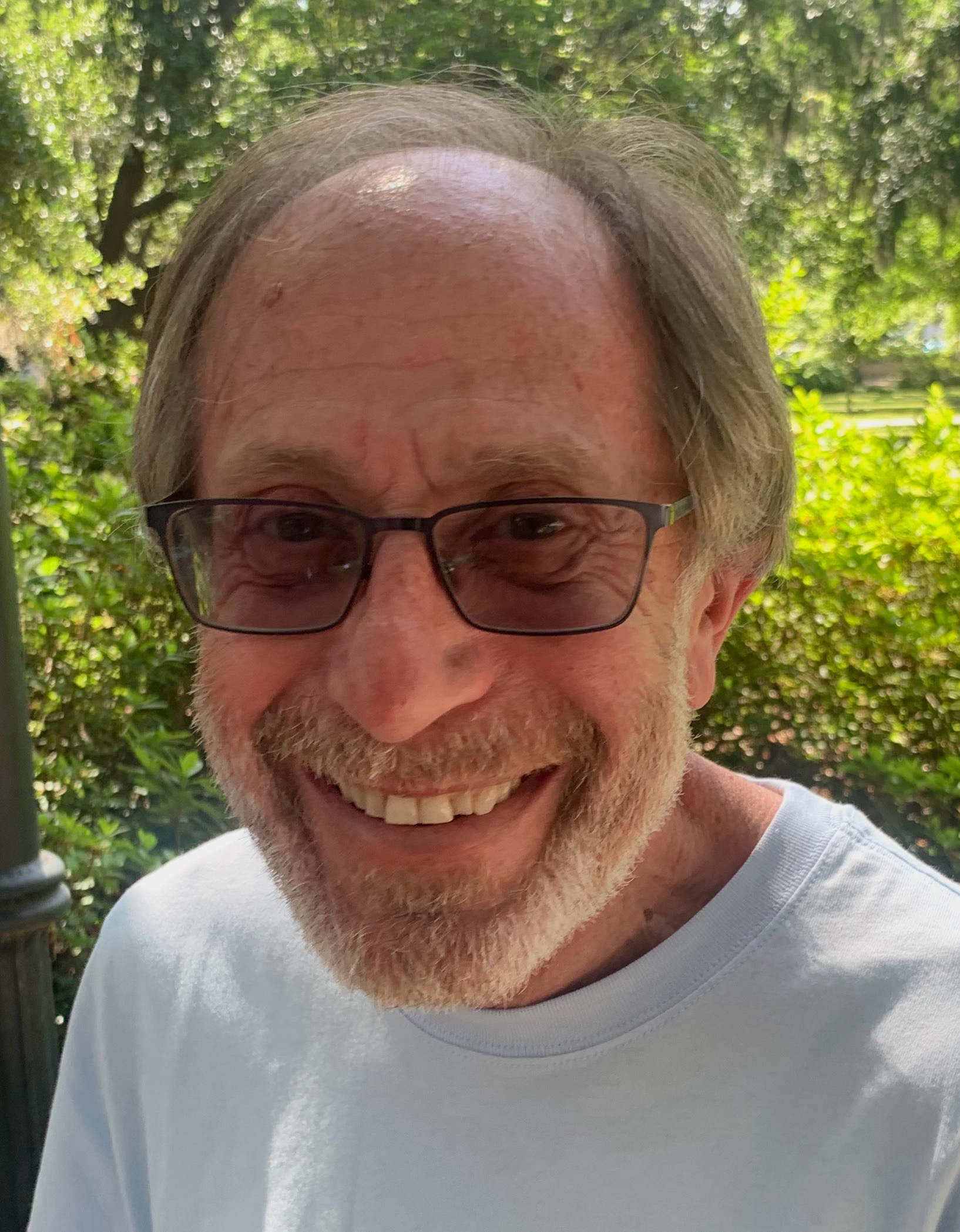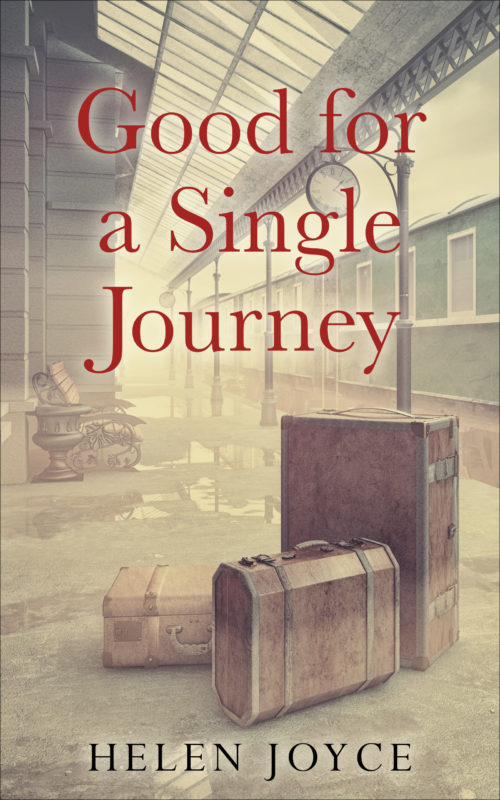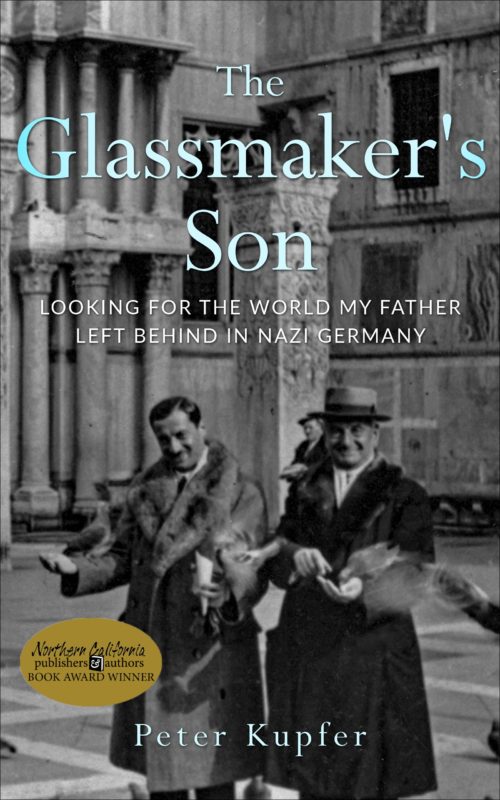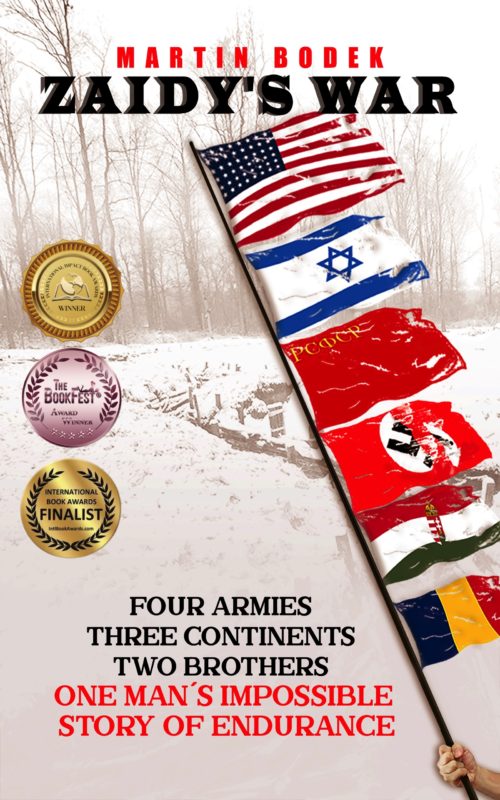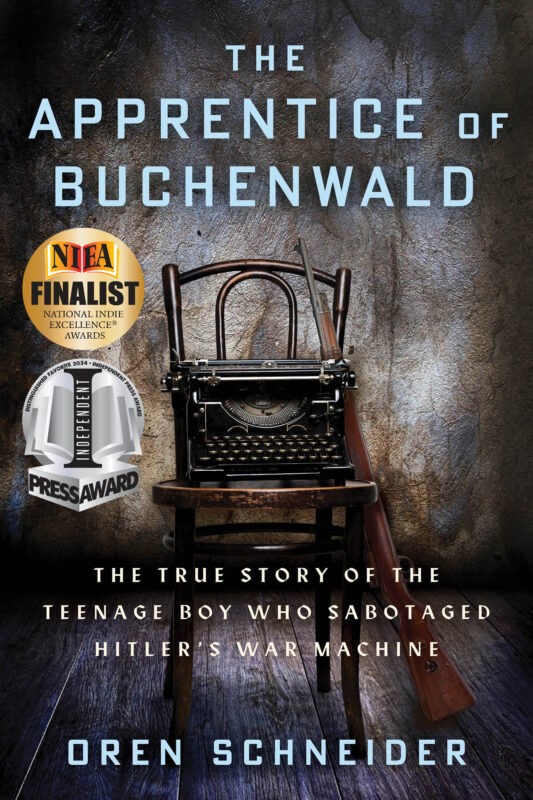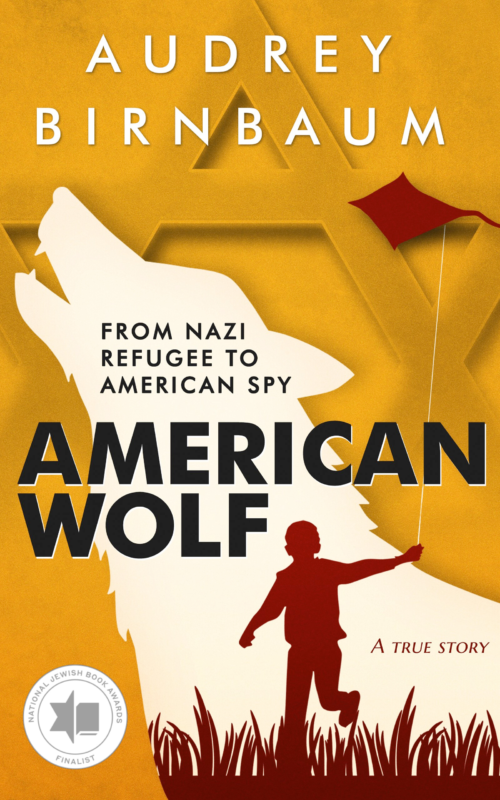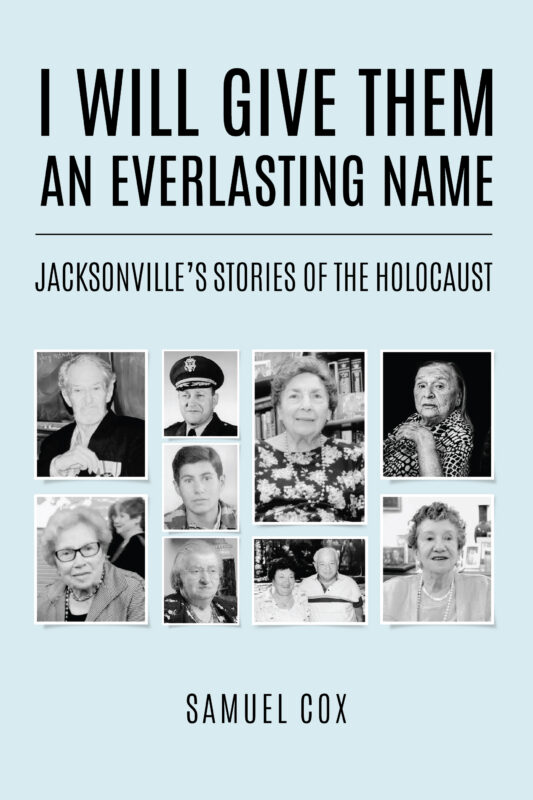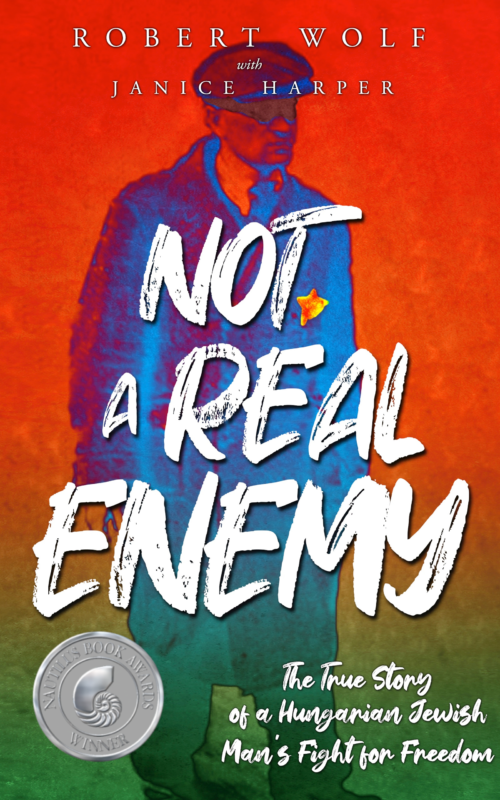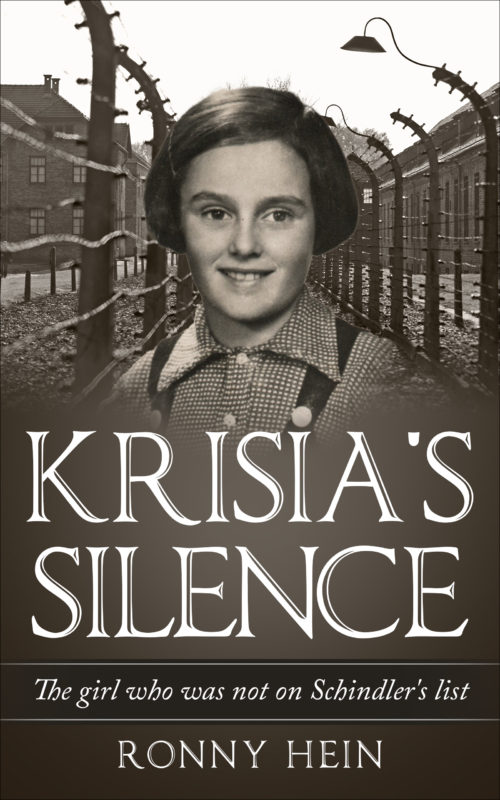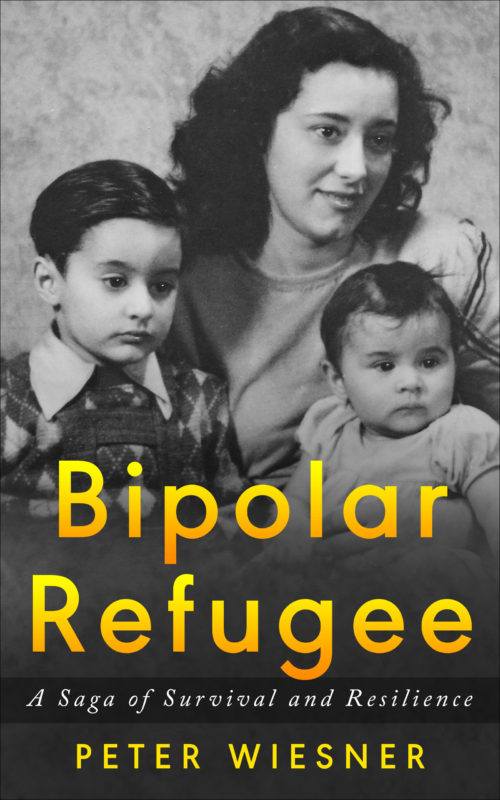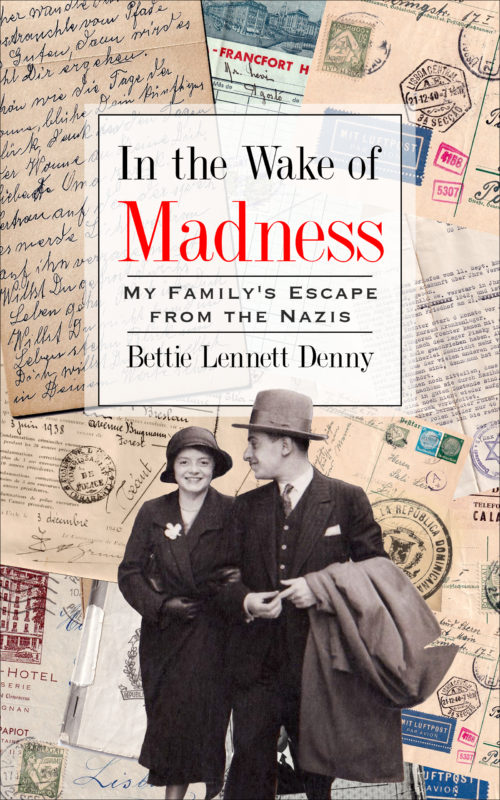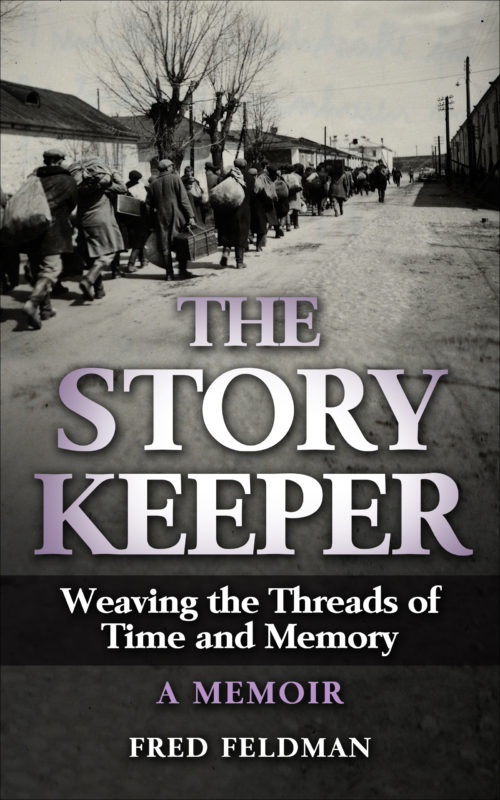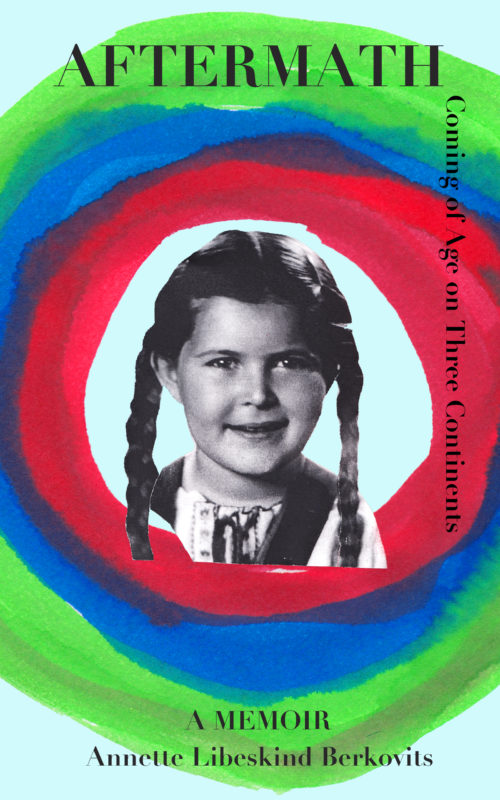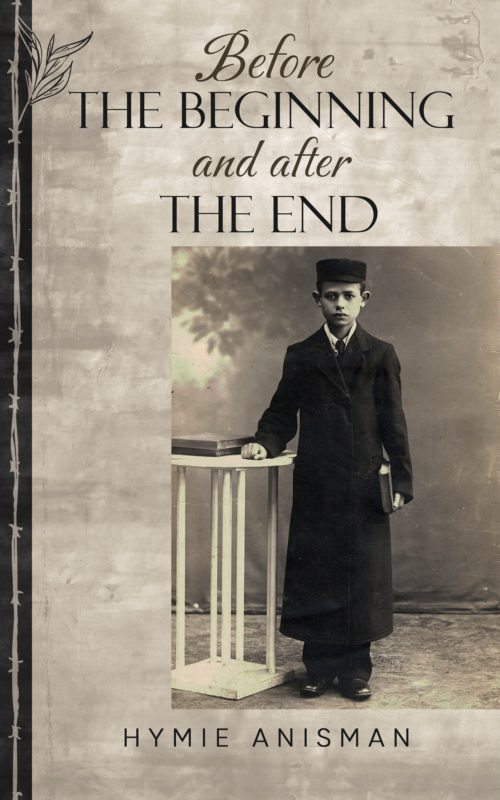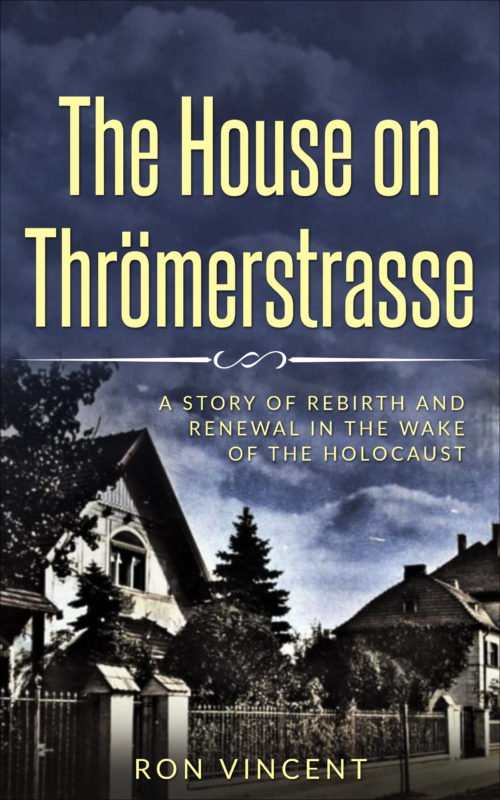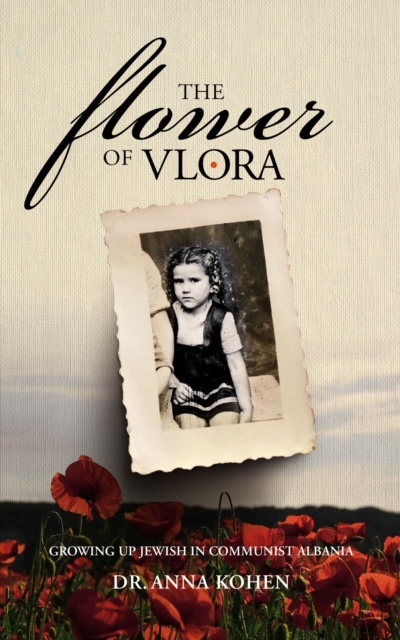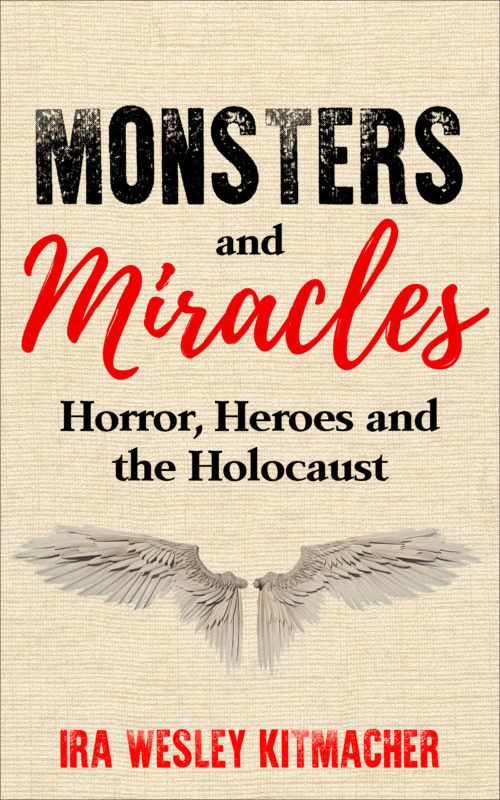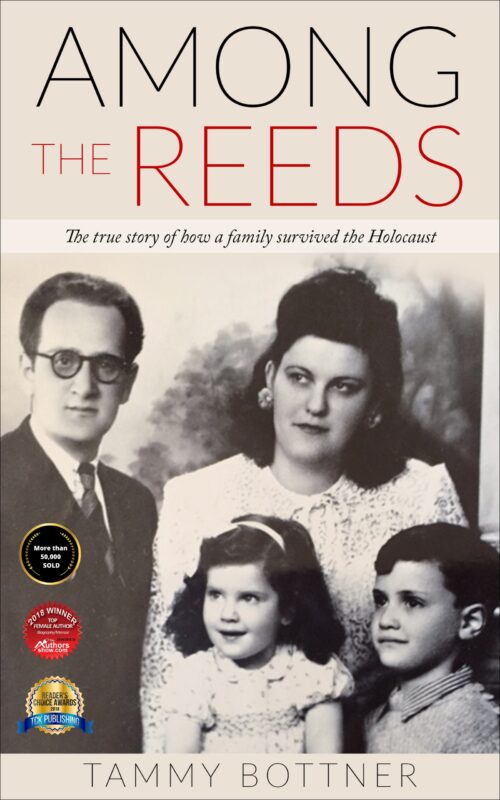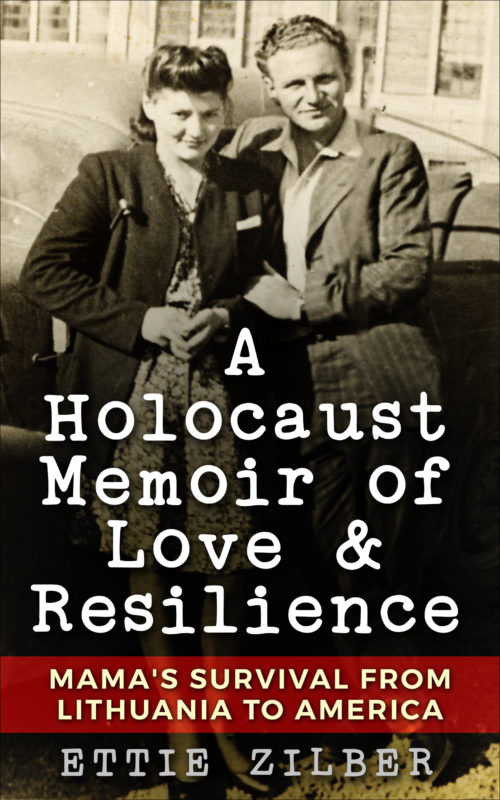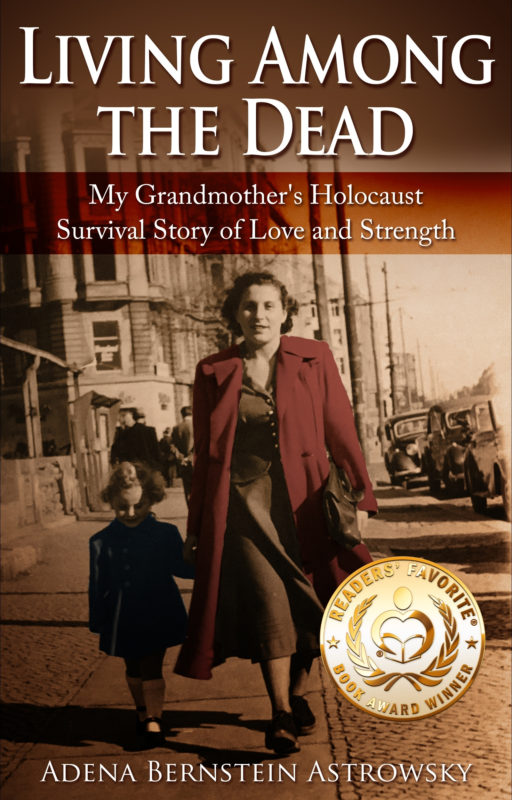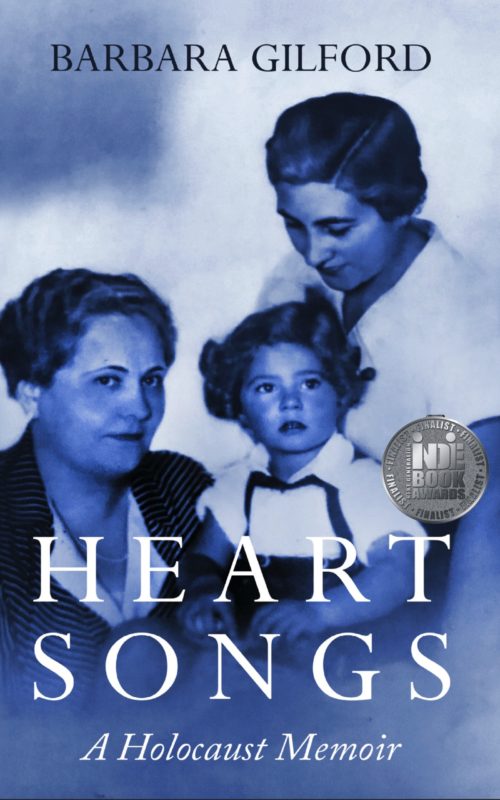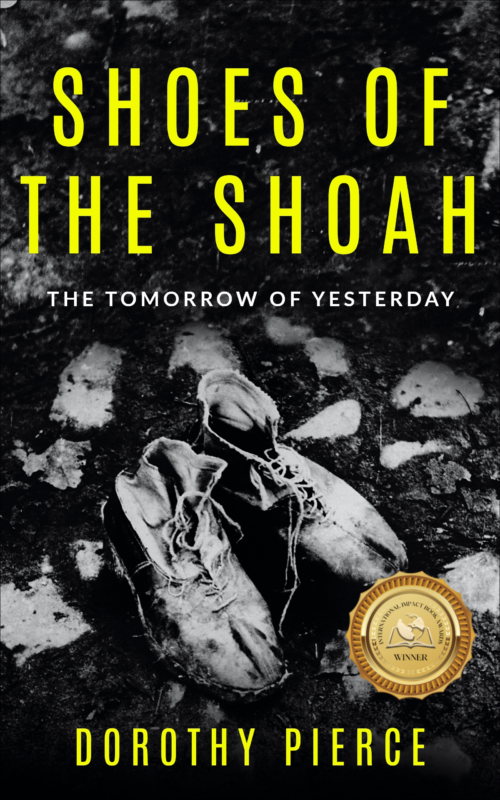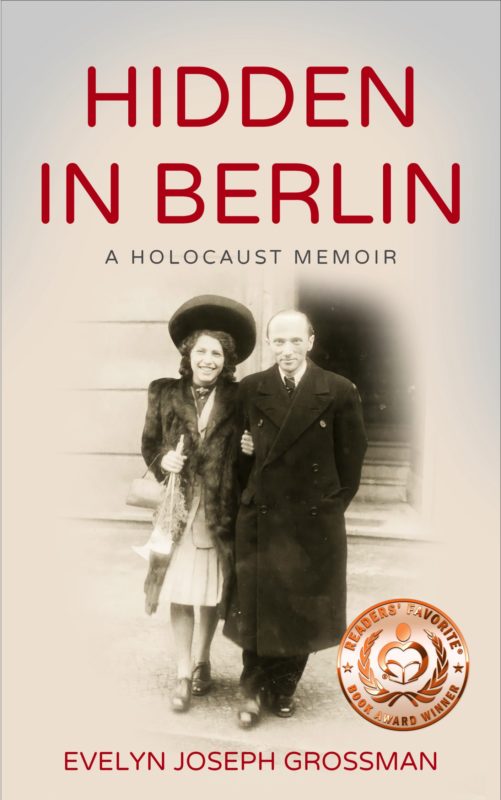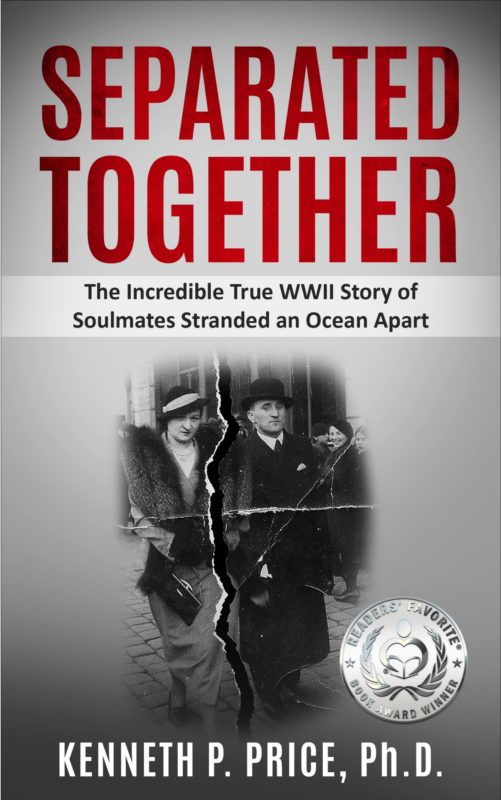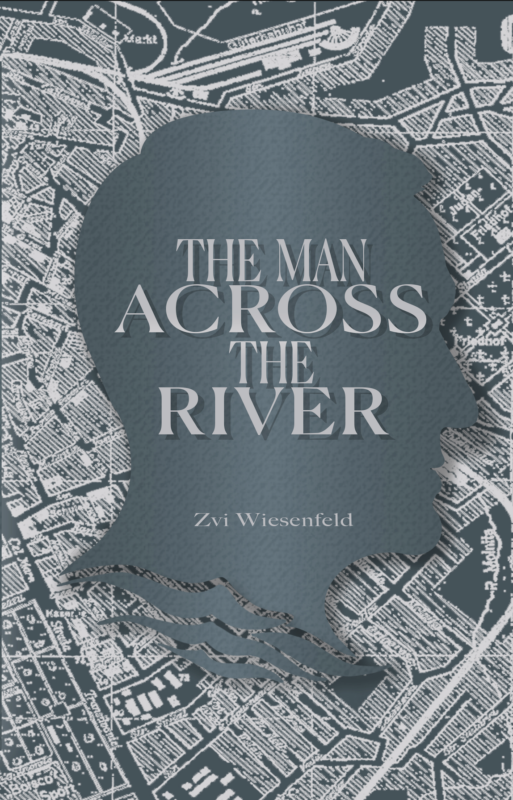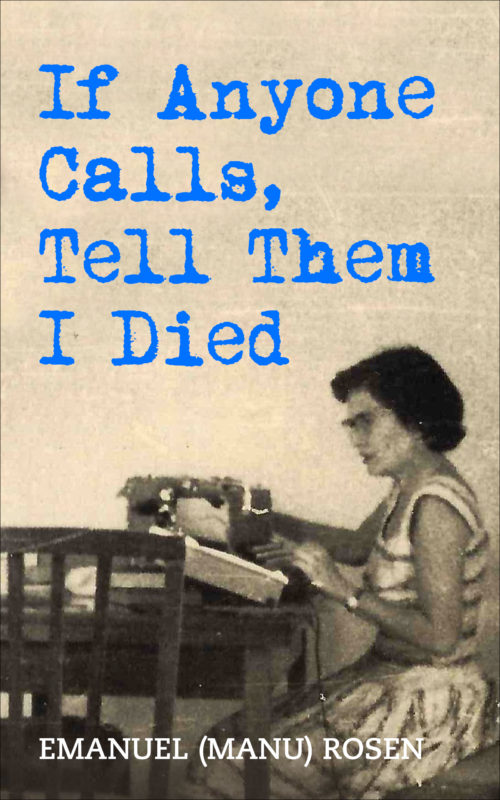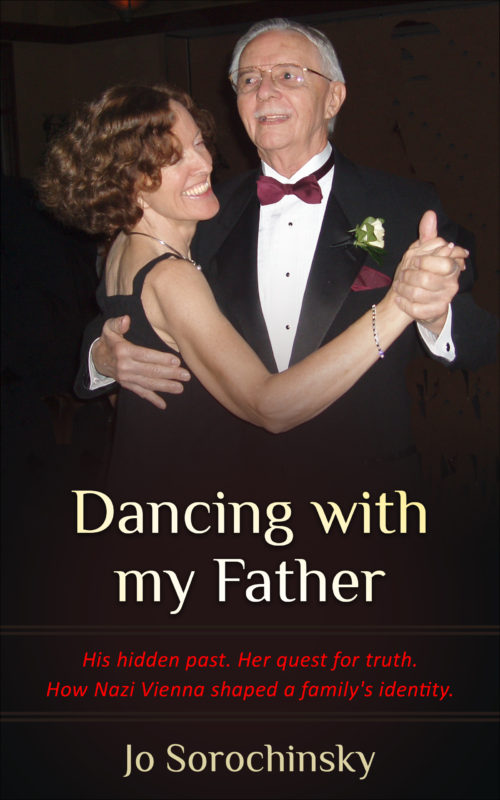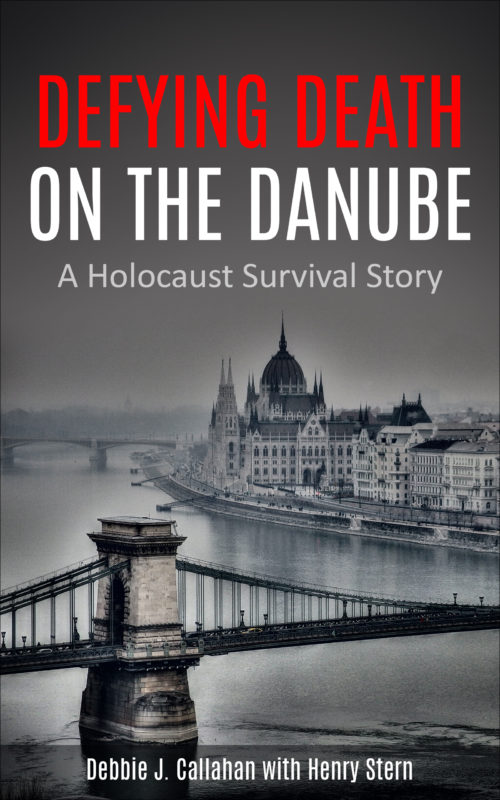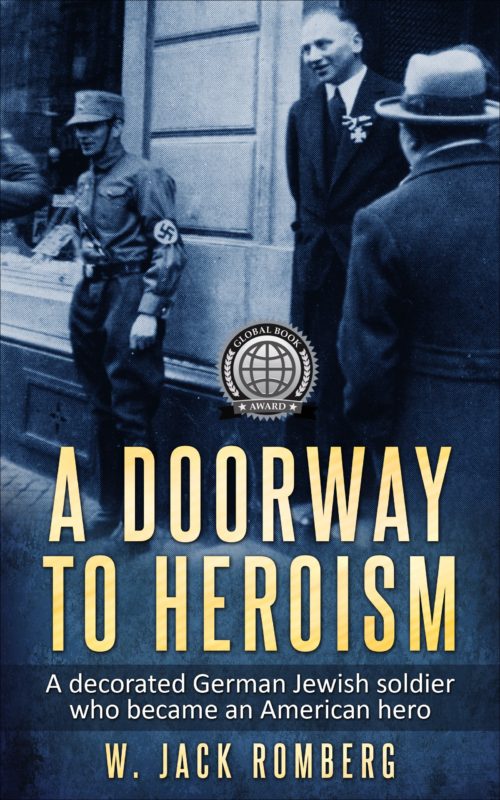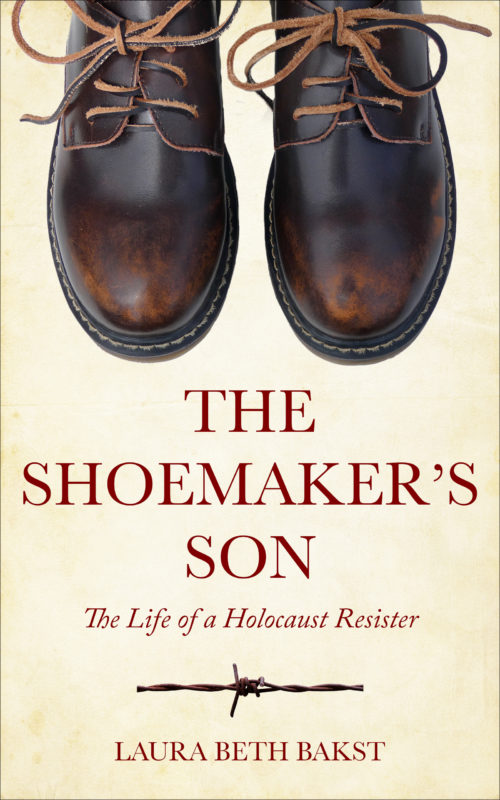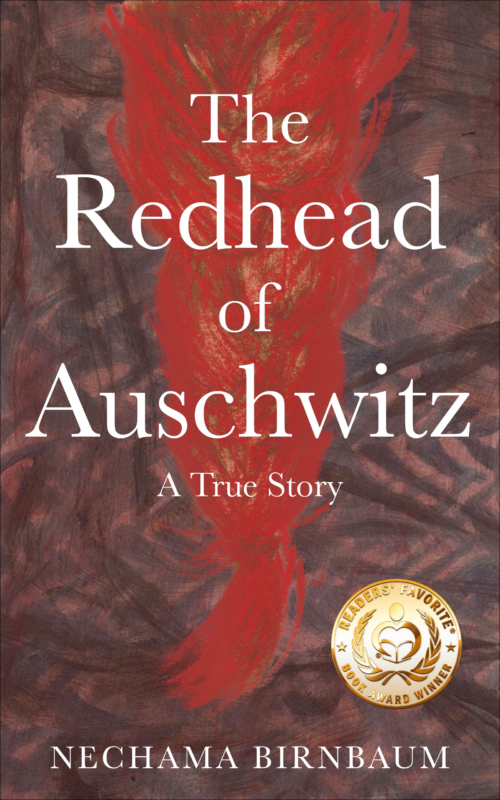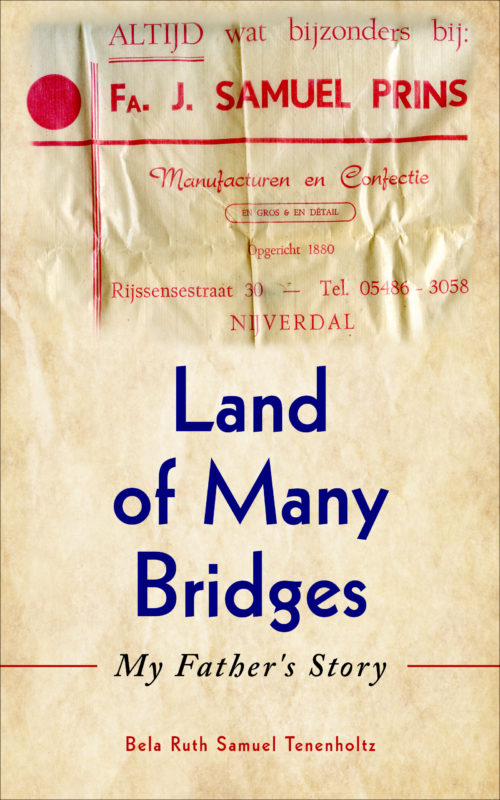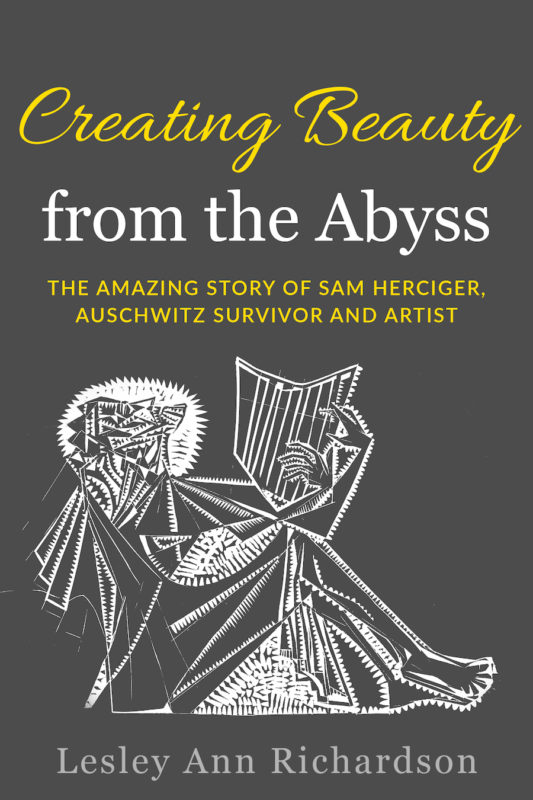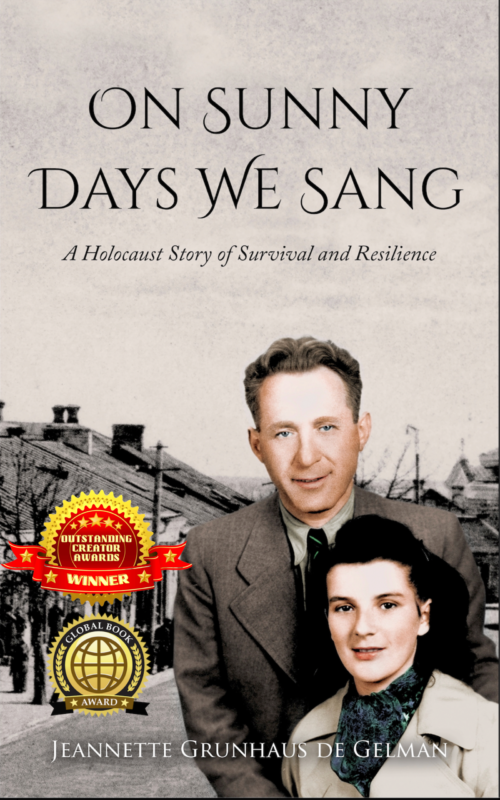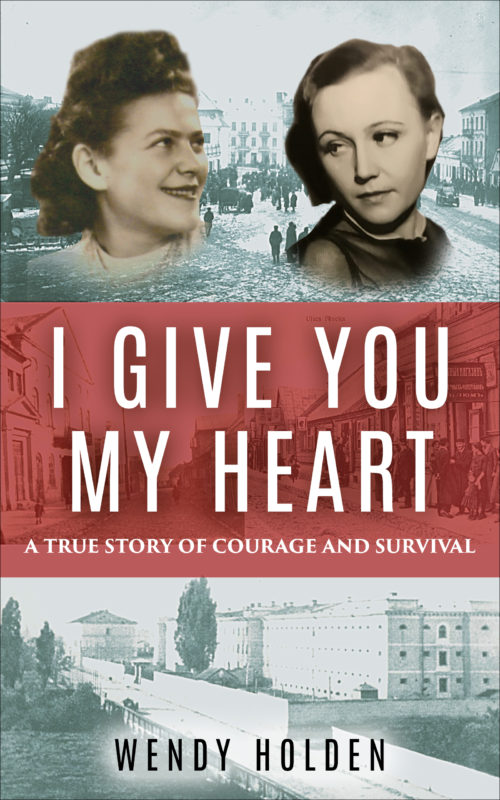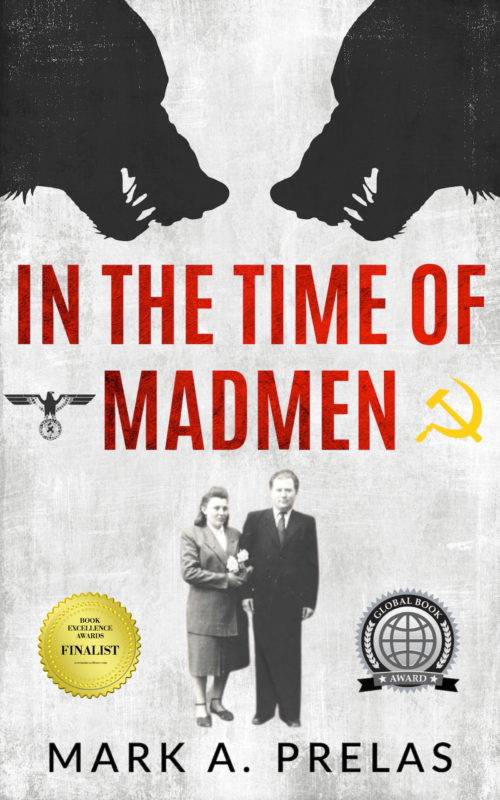A sweeping and nuanced story of living with the effects of trauma.
journalist, editor, and author tells the stories of his parents, both Holocaust survivors, in a debut memoir.
How do the experiences of one’s parents affect one’s own life? Friedman attempts to answer this question while recounting the journeys of his father and mother, Salomon and Frieda Friedman, who made it through imprisonment in Nazi concentration camps and started new lives with each other after World War II. They lived with the scars of their experiences in often different ways, struggling with the tension between remembering and forgetting. This sweeping story covers their entire lives, from their youths in prewar Eastern Europe to their deaths in old age from Alzheimer’s disease, in Salomon’s case, and lung disease, in Frieda’s. This book is also Friedman’s own story as a child of these survivors and an account of his desire to understand and document their lives for future generations. In this biography, he also notes that both parents had spouses and children who died before they met each other and started a new family. They experienced many horrors in the camps; Frieda had memories of Nazi Amon Göth (played by Ralph Fiennes in the acclaimed film Schindler’s List), who casually shot people in the camp from his bedroom window. Friedman’s parents met in a recovery camp in Sweden after the war. The author and his sister were born in that country, and the family later resettled in the United States, spending most of their lives in Brooklyn, New York; Friedman’s parents relocated to Mobile, Alabama, in old age. The book concludes with the author’s account of his own travel to Sweden as an adult to learn more about his parents’ story and meet people who helped them. The book includes an appendix on the long-term psychological effects of survivorship and suggested further reading.
Friedman’s work is full of history regarding Jewish life in Eastern Europe before the Second World War, and some of it is understandably difficult to read. Many readers may be unfamiliar with “aliens’ camps,” intended for recovery and located in hotels, dorms, and barracks in Sweden; the author details this aspect of the survivor experience, which is less commonly documented. The book is also an intensely personal account of two temperamentally mismatched people bound together by a common experience of survival. Friedman effectively emphasizes his parents’ different and often clashing ways of coping that sometimes made their marriage fraught with tension, but their pasts held them together more than they pushed them apart. The book is a thoughtful and complex look at the long-term effects of the Holocaust, showing the deleterious effects of the experience on extended families as well as the resilience of its survivors. However, the book reflects less deeply on the fact that the author’s parents both lost families prior to their marriage. The book’s length, at more than 350 pages, may be off-putting to some readers, but its engaging readability makes up for it.
– Kirkus Review
